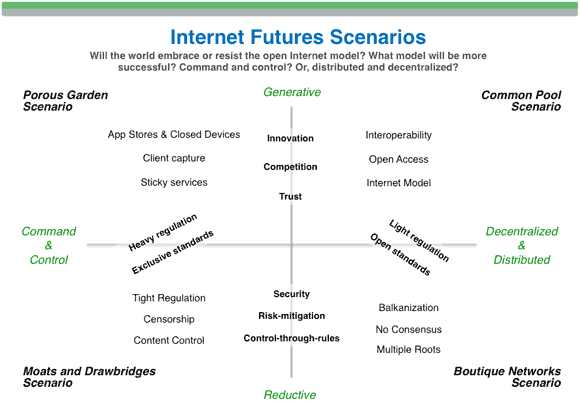Moore’s law is the observation that over the history of computing hardware, the number of transistors on integrated circuits doubles approximately every two years. The law is named after Intel co-founder Gordon E. Moore, who described the trend in his paper Cramming more components onto integrated circuits, published in the Electronics Magazine, Volume 38, Number 8, April 19, 1965. His prediction has proven to be very accurate, in part because the law is now used in the semiconductor industry to guide long-term planning and to set targets for research and development.
In 2005, Gordon Moore stated in an interview that the law cannot be sustained indefinitely, because transistors will reach the limits of miniaturization at atomic levels.
A list of more eponymous laws (named after a person) is provided at Wikipedia.

